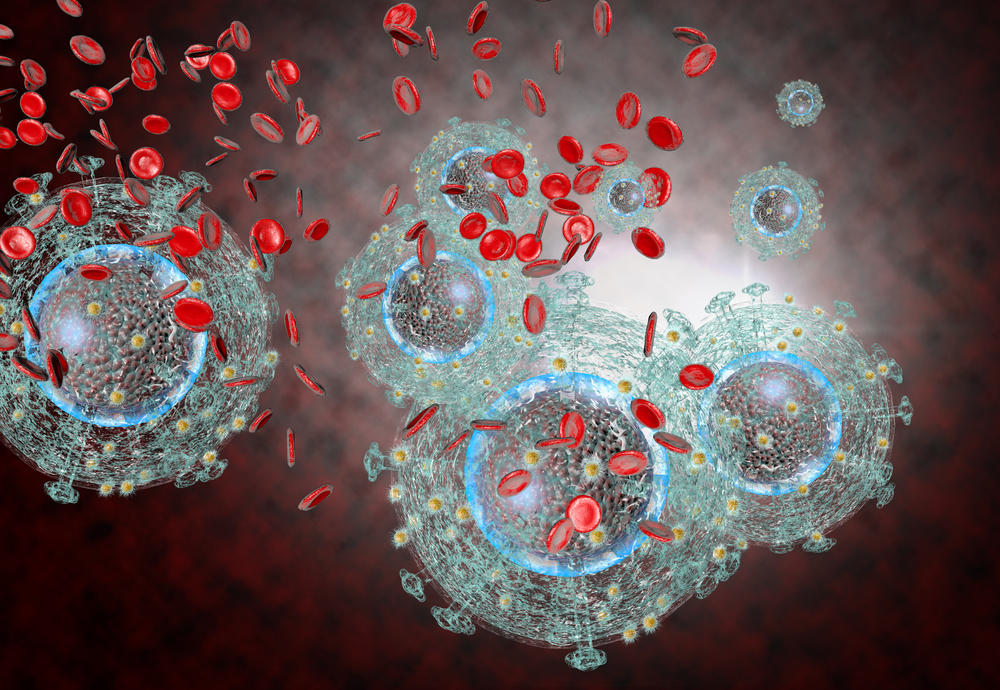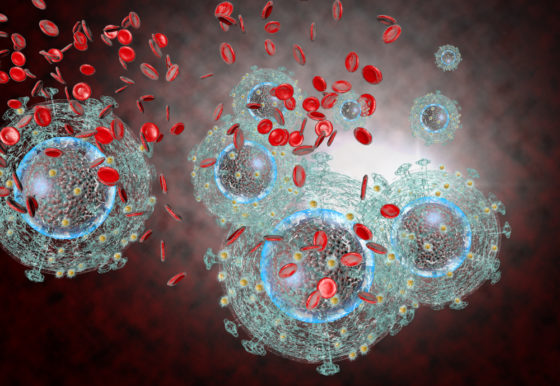Extra virulent strain of HIV discovered in the Netherlands


A highly virulent strain of HIV has been discovered circulating in the Netherlands, according to a new paper by Oxford University researchers, published in Science magazine.
After looking at details of Dutch patients with HIV, the researchers found that more than 100 people had this ‘new’ variant, although it is thought to have been in circulation for decades.
The ‘highly virulent subtype’ is thought to make people sicker and to be more likely to lead to Aids than other forms of the virus.
Without treatment, the researchers said, people in their thirties would have advanced HIV on average nine months after diagnosis because of the way the viral strain operates. However, with treatment, immune system recovery and survival are apparently similar to people with other strains of the HIV virus – making diagnosis and early treatment critical.
The VB strain discovered in Dutch people has a viral load 3.5 to 5.5 times higher than the dominant strain elsewhere, also meaning that they are more likely to infect others.
As with the Covid pandemic, the researchers noted in a press release, ‘new mutations in viral genetic sequences can have significant impacts on the virus’s transmissibility and the damage it causes. For many years, there have been concerns that this could arise in the HIV-1 virus, which already affects 38 million people worldwide, and has caused 33 million deaths to date.’
Professor Christophe Fraser, study senior author, said: ‘Our findings emphasise the importance of World Health Organization guidance that individuals at risk of acquiring HIV have access to regular testing to allow early diagnosis, followed by immediate treatment.
‘This limits the amount of time HIV can damage an individual’s immune system and jeopardise their health. It also ensures that HIV is suppressed as quickly as possible, which prevents transmission to other individuals.’
The strain was first discovered in 17 people in an ongoing study across Europe and Uganda – 15 of whom were Dutch. Researchers than analysed samples form another 6,700 HIV positive people in the Netherlands, finding another 92 with the variant.
It is thought that the variant emerged in the late 1980s or 1990s, and spread ‘in spite of widespread treatment in the Netherlands.’
Thank you for donating to DutchNews.nl.
We could not provide the Dutch News service, and keep it free of charge, without the generous support of our readers. Your donations allow us to report on issues you tell us matter, and provide you with a summary of the most important Dutch news each day.
Make a donation